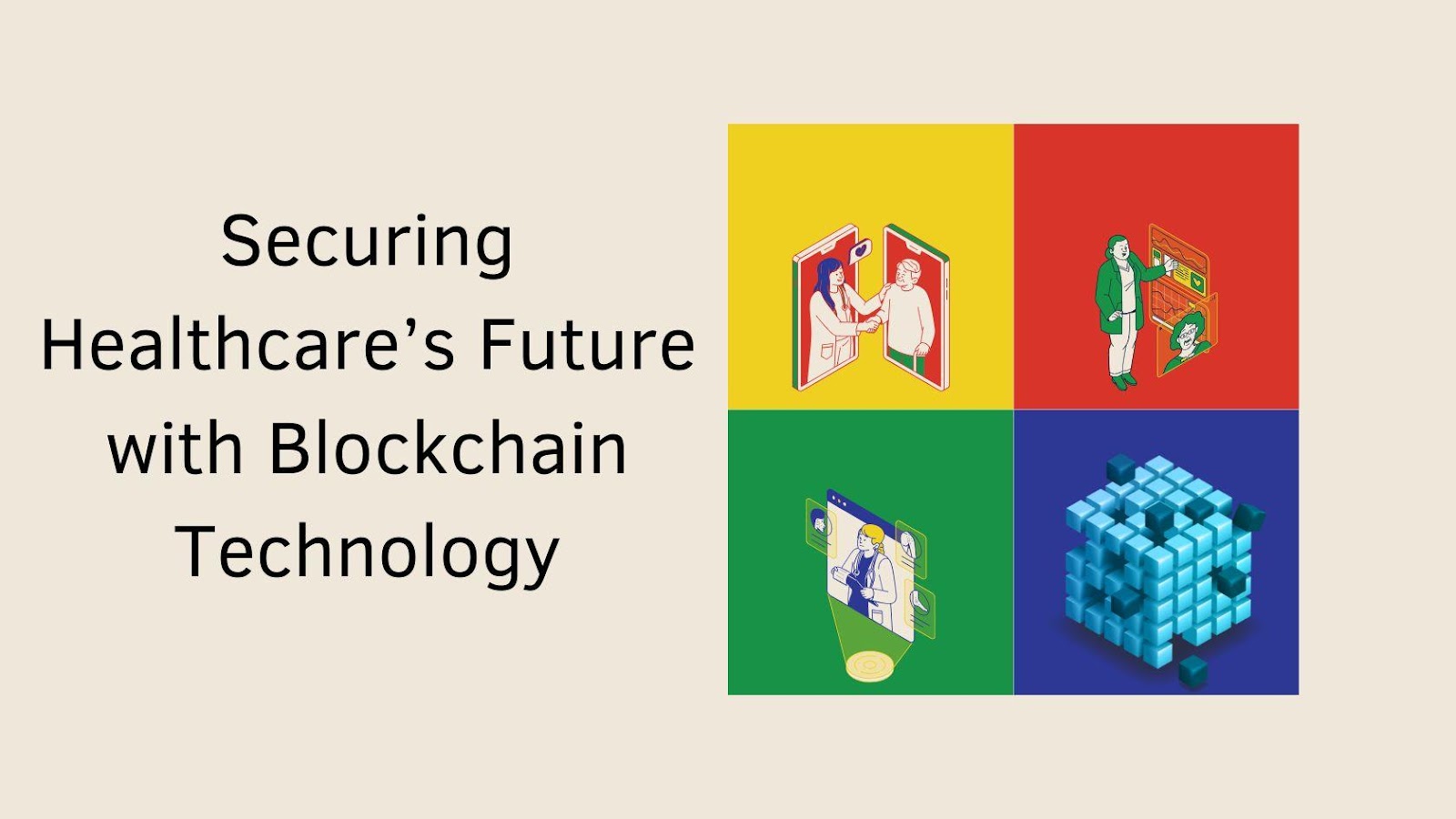In this modern era, blockchain technology is steadily transforming healthcare information systems by introducing innovative approaches. Srinivas Maddela, an expert in advanced computing solutions, explores how this groundbreaking technology enhances data security and efficiency while paving the way for a more connected and transparent healthcare ecosystem. Below, we delve into key advancements highlighted in his research.
Revolutionizing Data Integrity
Blockchain technology introduces unparalleled data integrity to healthcare systems. With its immutable ledger system, data is stored decentralized, ensuring that information cannot be altered or tampered with once it is recorded. This innovation addresses the longstanding issue of data breaches and inaccuracies in medical records. Healthcare providers can now rely on a robust framework to maintain accurate patient histories, fostering trust and accountability.
Enhancing Interoperability Among Systems
Healthcare faces a persistent challenge: the lack of seamless data sharing across institutions. This fragmentation hinders collaboration, delays care, and increases costs. Blockchain technology provides a transformative solution with its decentralized architecture, enabling secure, transparent, and real-time information exchange between entities. By standardizing data access, blockchain ensures that healthcare providers have the latest patient information, reducing redundancies like repeated diagnostic tests. This interoperability accelerates decision-making, leading to faster and more accurate patient care. Additionally, the streamlined data flow minimizes administrative overhead, making healthcare delivery not only more efficient but also cost-effective, ultimately benefiting both providers and patients alike.
Bolstering Patient Privacy and Security
Privacy is a cornerstone of healthcare, and safeguarding patient data has become increasingly crucial in the digital age. Blockchain technology significantly enhances data security by encrypting sensitive information and restricting access to authorized personnel only. This decentralized approach reduces vulnerabilities to cyberattacks and unauthorized breaches, ensuring the confidentiality of medical records. Furthermore, blockchain empowers patients by giving them greater control over their data. Individuals can decide who accesses their health information and revoke permissions when necessary. This autonomy not only strengthens trust between patients and providers but also fosters a sense of ownership, ensuring that privacy remains a top priority in healthcare systems.
Streamlining Administrative Processes
Healthcare systems often face significant challenges from administrative inefficiencies, which contribute to higher costs and delays in service delivery. Blockchain technology addresses these issues by introducing automation to tasks like billing, insurance claims, and regulatory compliance. Through smart contracts, a standout feature of blockchain, transactions become automated, transparent, and tamper-proof. These self-executing contracts eliminate the need for intermediaries, reducing processing times and the potential for human errors. This streamlined approach not only improves operational efficiency but also ensures compliance with regulatory standards, allowing healthcare providers to focus more on patient care and less on administrative burdens.
Enabling Real-Time Data Tracking
In pharmaceuticals and supply chain management, blockchain technology enables real-time tracking of medical supplies and medications, ensuring transparency and reliability. By verifying product authenticity, it reduces the risk of counterfeit drugs. Blockchain’s immutable ledger enhances traceability, allowing stakeholders to monitor every stage of the supply chain. This visibility optimizes inventory management, ensuring healthcare providers maintain proper stock levels and avoid shortages. Real-time tracking also ensures the timely delivery of critical medications, improving patient care and overall efficiency within the healthcare system.
Driving Research and Collaboration
Blockchain technology is transforming medical research by facilitating secure and transparent data sharing across researchers and institutions worldwide. This innovation breaks down silos, enabling seamless collaboration that accelerates the discovery of new treatments and medical breakthroughs. By leveraging blockchain’s decentralized and encrypted framework, researchers can share data without compromising patient privacy. The technology allows access to aggregated, anonymized data, ensuring compliance with ethical and legal standards. This balance between data transparency and confidentiality not only fosters trust but also enhances the efficiency and reliability of research processes, paving the way for significant advancements in global healthcare and medical innovation.
In conclusion, Srinivas Maddela’s work emphasizes how blockchain technology is becoming a transformative force as the healthcare sector navigates security, efficiency, and innovation challenges. By resolving critical concerns such as data integrity, system interoperability, and patient privacy, it is reshaping healthcare information systems and driving progress. Its impact is set to expand, revolutionizing how care is delivered and managed in the coming years.

































